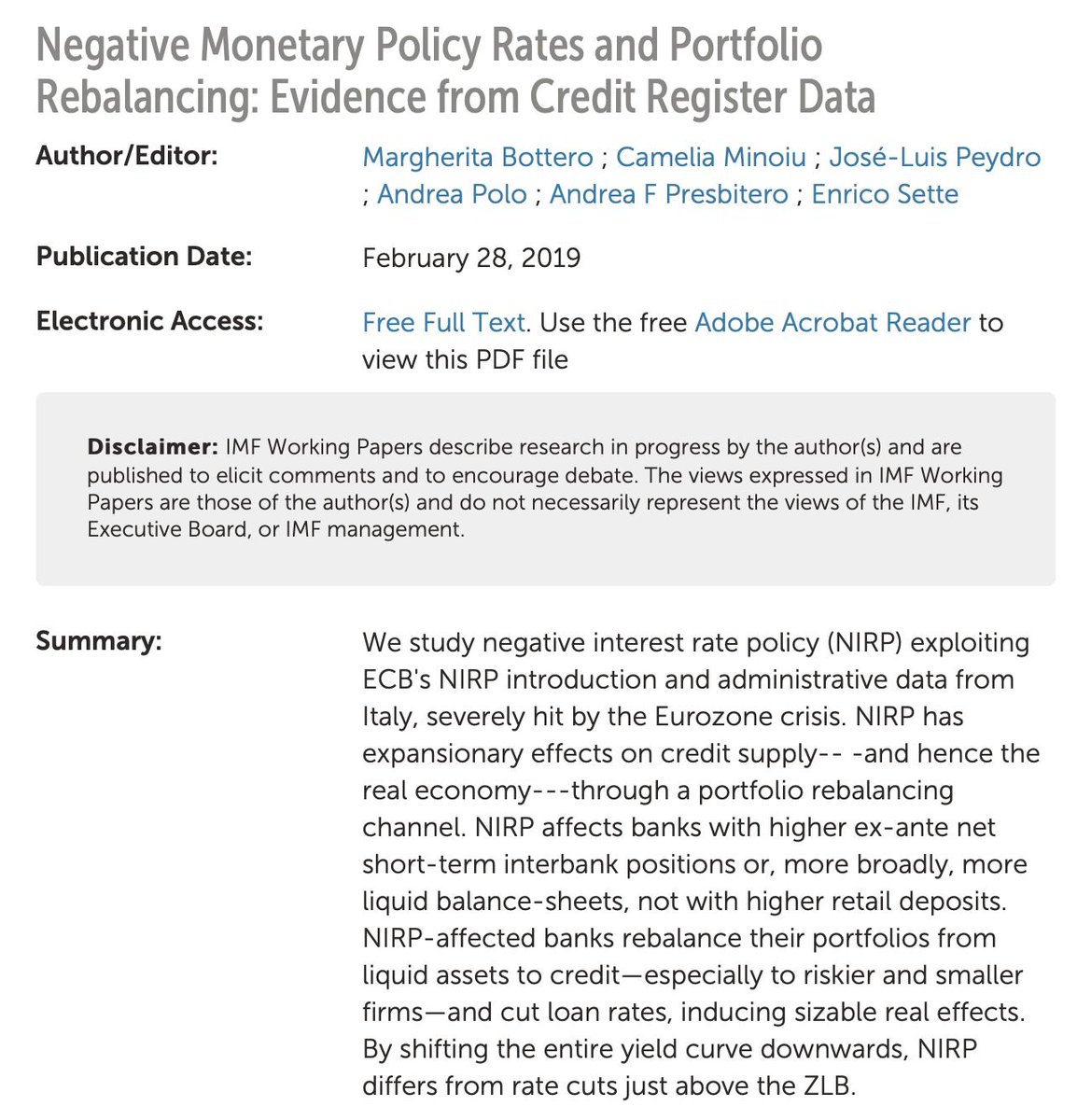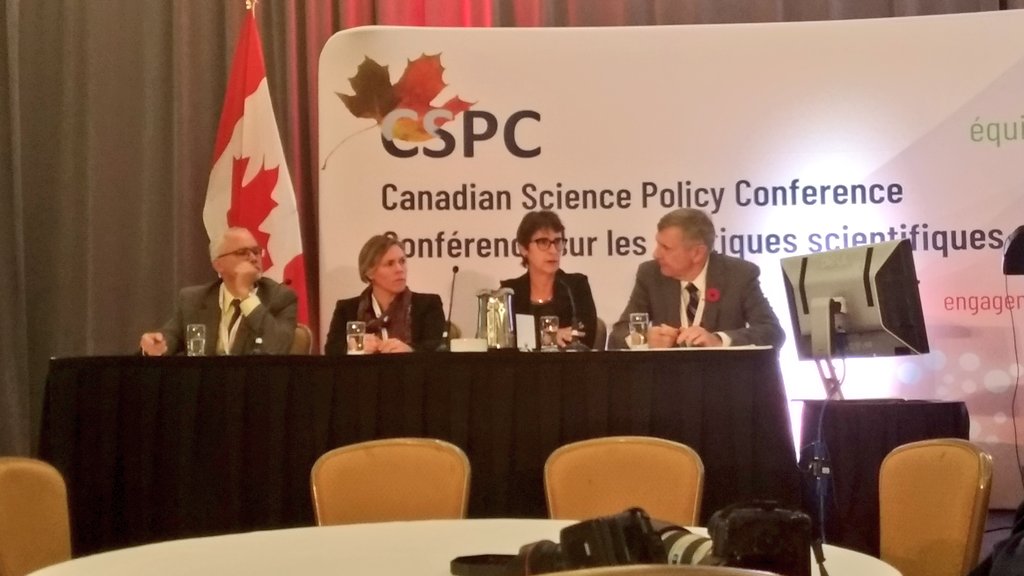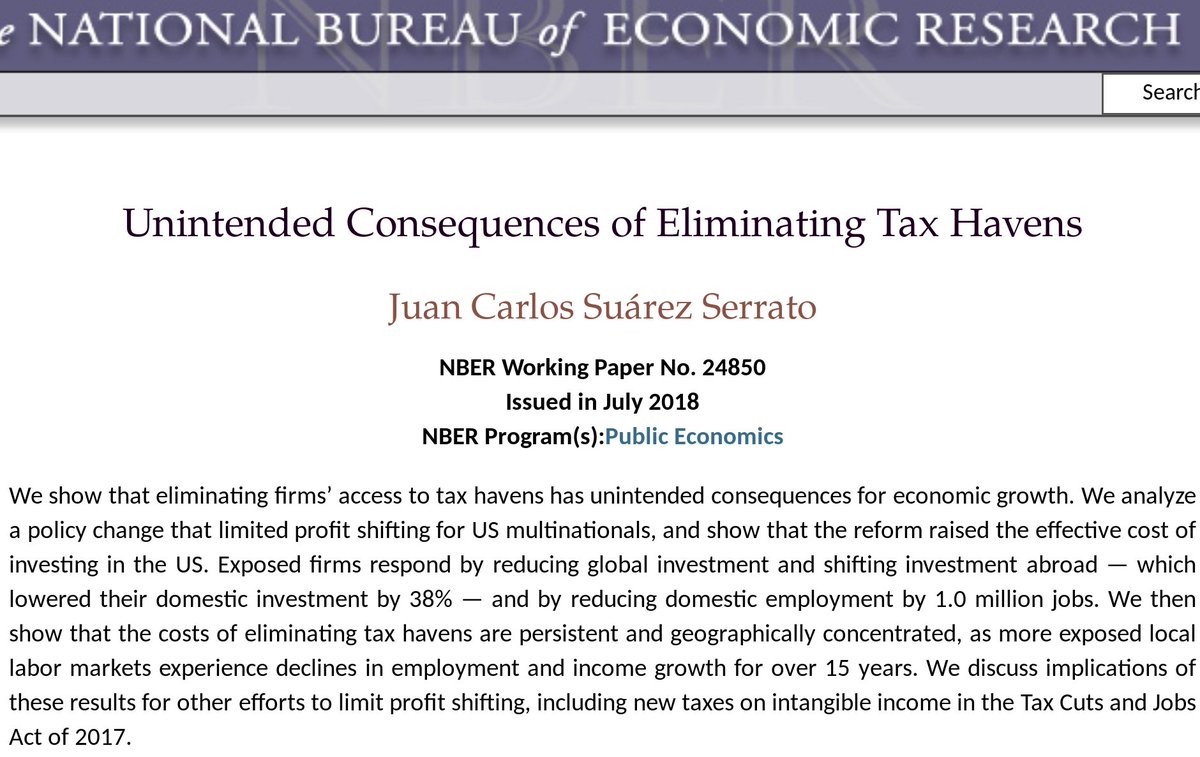nber.org/papers/w26380
16% of UberX trips are tipped
60% of riders who took at least 10 trips never tipped
Conditional on tipping, people tip a little more than $3 on average (about 26% of the fare), so the average tip, including cases where the rider did not tip, is about $0.50
Knowing who the rider is on a trip is much more predictive of the tip amount than knowing who the driver is.
- a high rating
- less experience
Riders may initially overestimate tipping norms on Uber when they first join, then revise their tipping downward as they get more experience
It's possible that perceived tipping norms or perceived pressure to tip vary by demographics.
Declines in tips with experience could suggest that drivers try especially hard on their first few trips before getting comfortable. Or they decide tips not worth the effort.
Men tip younger women seven cents more than older women, tip younger men about 3 cents more than older men. Female riders tend to not vary tips as much based on the age of the driver.
Drivers from low income areas and areas with a higher share of Hispanic residents get tipped less on average.
They tip 27% more on average the second time.
Two reasonable explanations: strategic reciprocity, or some kind of behavioral or norms response
That means they should tip all of their drivers more to avoid bad encounters in the future.
Not borne out in the data–only the single trip with a repeat interaction gets tipped more.
An implication: If rider or driver is less comfortable using English, we might expect conversation to be less likely, which could hinder social connection and mitigate the repeat interaction effect.
Most riders tend to choose one of the default options when they do tip on Uber. We analyze an experiment Uber ran on defaults.
Our results suggest that defaults can be more influential in setting tipping norms when the tipper's actions are monitored.
Defaults and monitoring are complements.
nber.org/papers/w26380
nber.org/papers/w26389
We run simulations to study best practices for analyzing cluster-randomized experiments w/ panel data.









